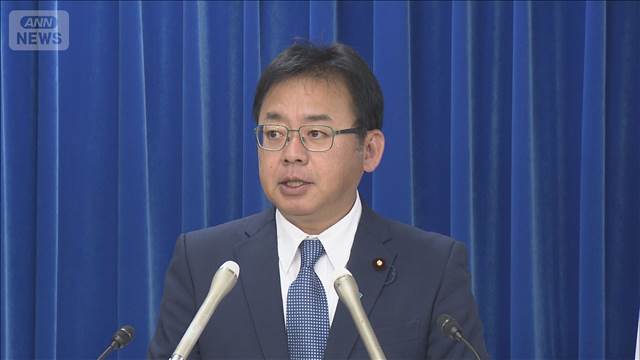The Japanese government is set to reconsider the current financial burdens of elderly care insurance, responding to the pressing issue of an aging population. Although details are yet to be fully announced, the move aims to offer a fairer disbursement of expenses, balancing the responsibility between the state, the working age population, and the retirees themselves. Recent awareness about the financial strain on elderly citizens has led to this governmental reconsideration.
Japan has one of the oldest populations worldwide, prompting important discussions about elderly care. The current system places a significant burden on aged people, many of whom struggle with large out-of-pocket health payments. Therefore, the prospect of a policy change is creating a buzz in the country, with many concerned about its potential impact on both the elderly and the younger generations.
Unlike the US, where healthcare is often tied to employment and Medicare helps senior citizens, Japan has a universal health insurance system, covering everyone regardless of age or employment status. The EU also offers a wide range of healthcare models with many countries such as Germany and France offering universal healthcare. Reviewing the burdens imposed by elderly insurance may bring Japan closer to these models, as it seeks to alleviate its aging population's financial burdens.

